
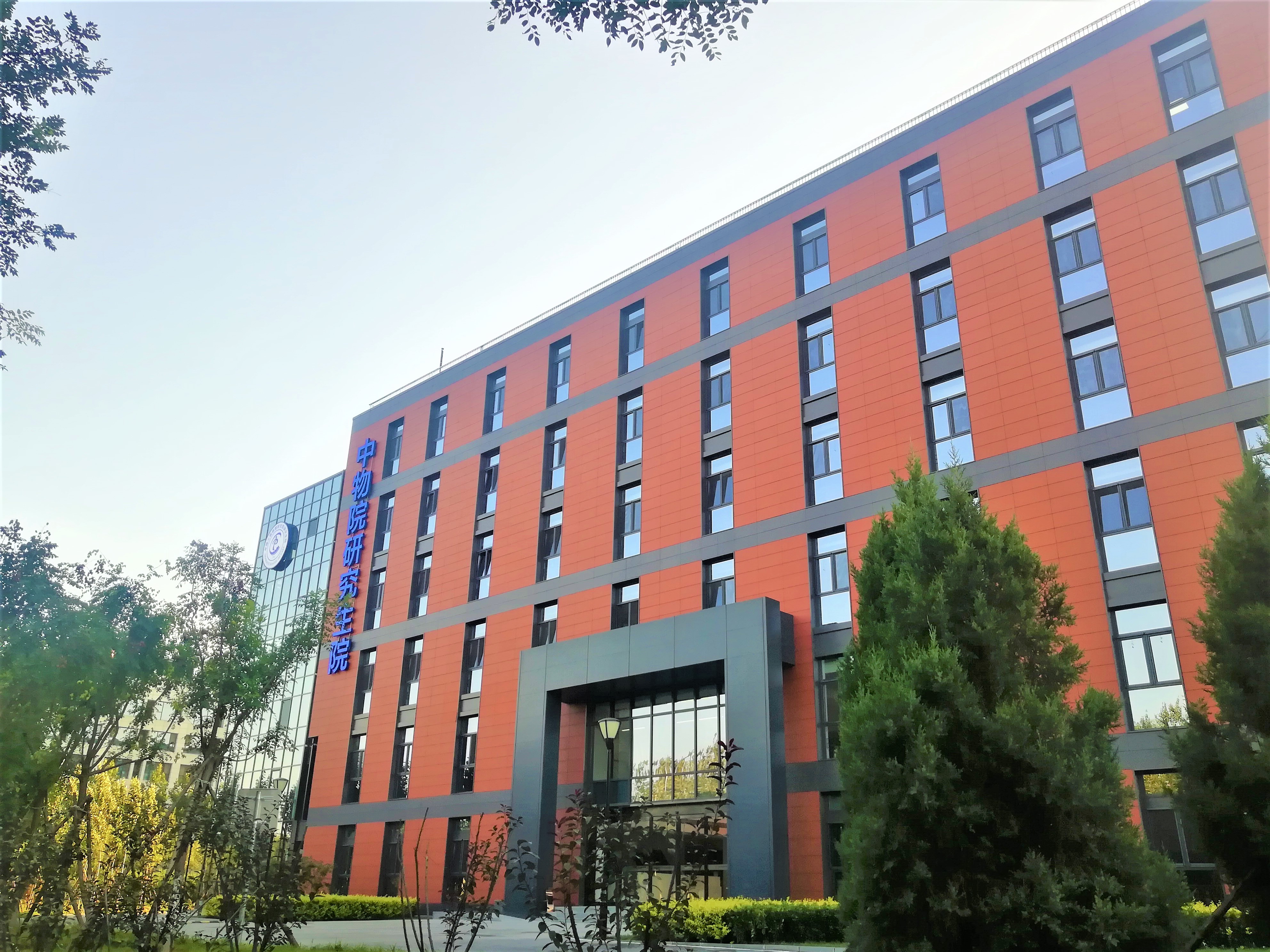
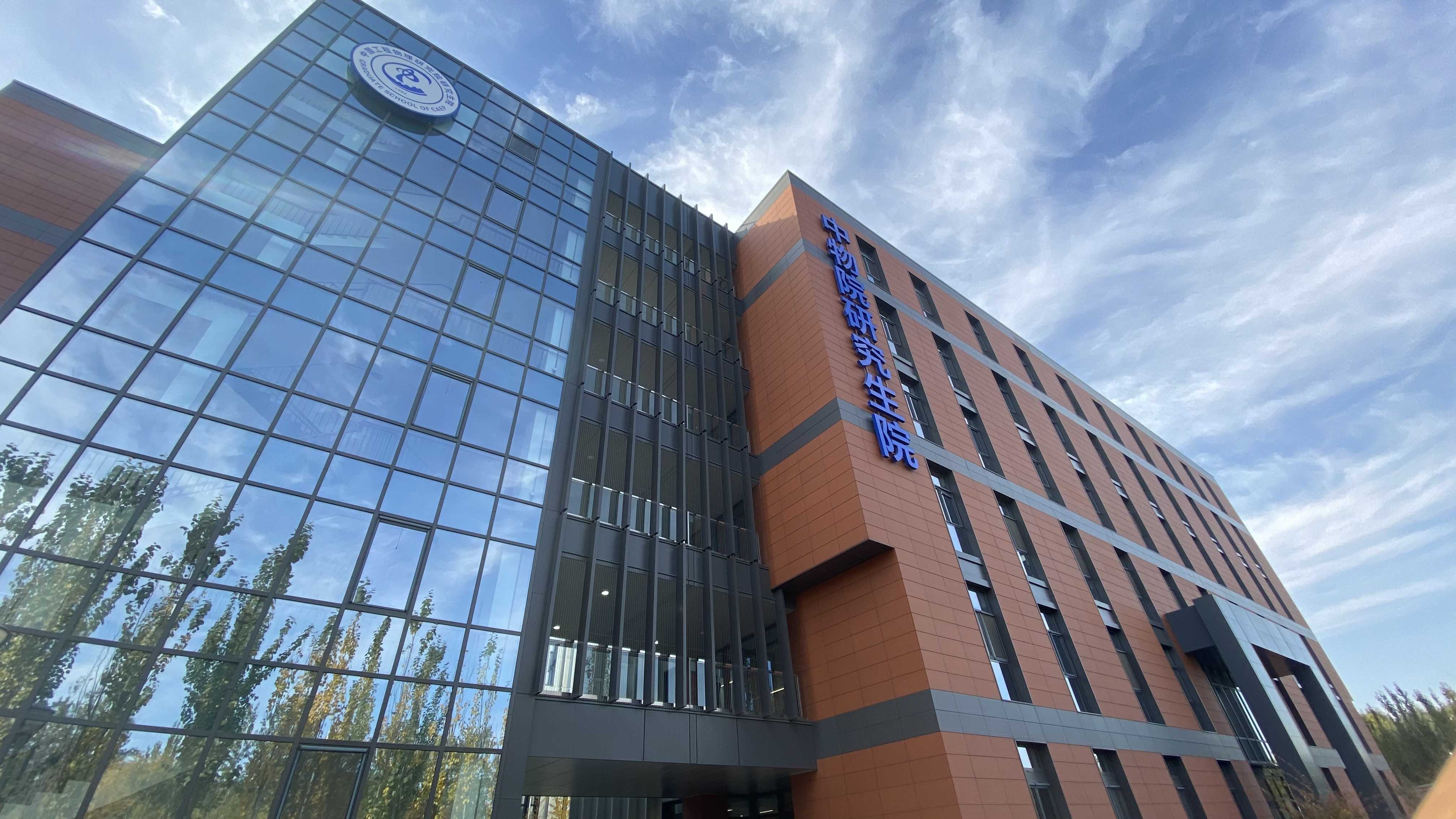
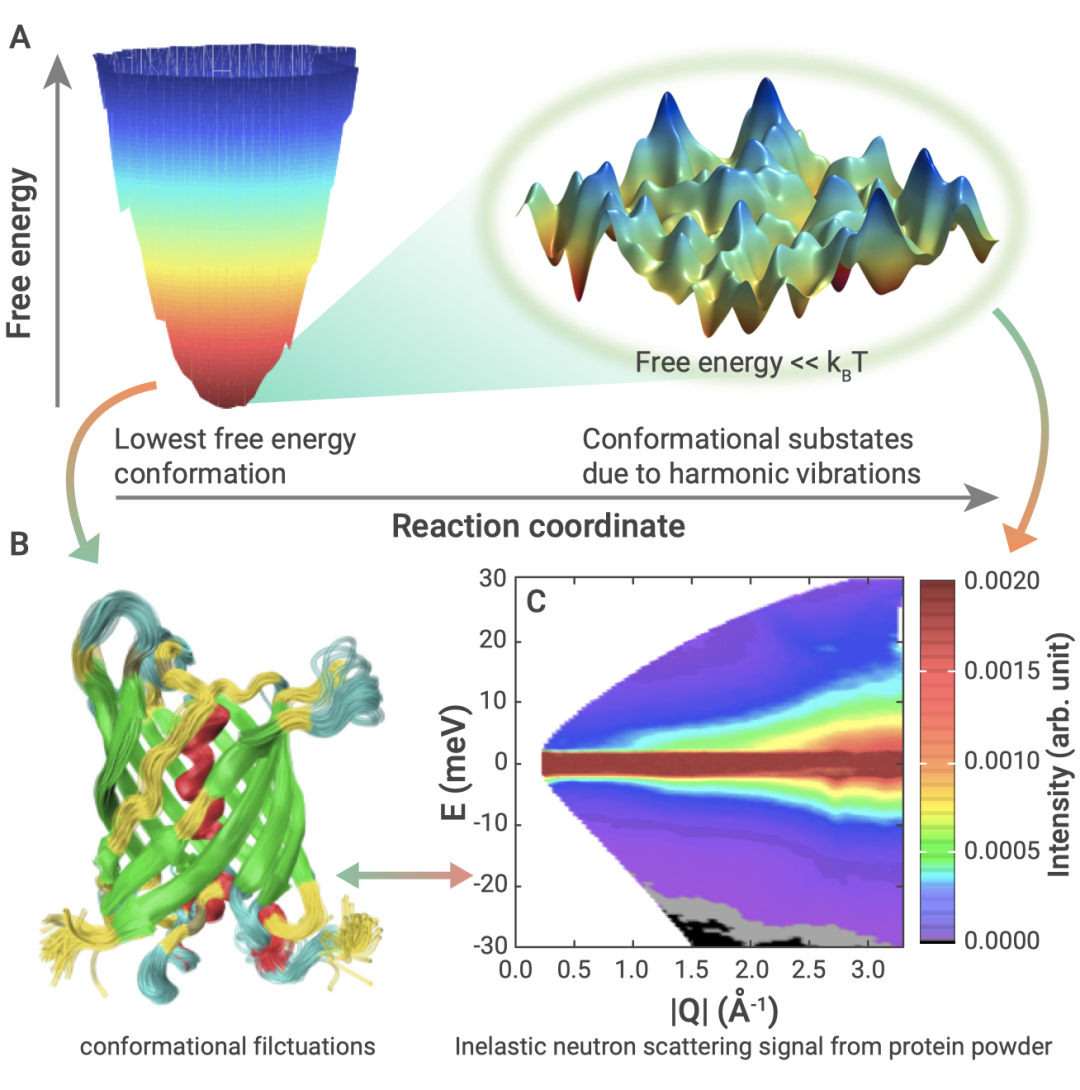

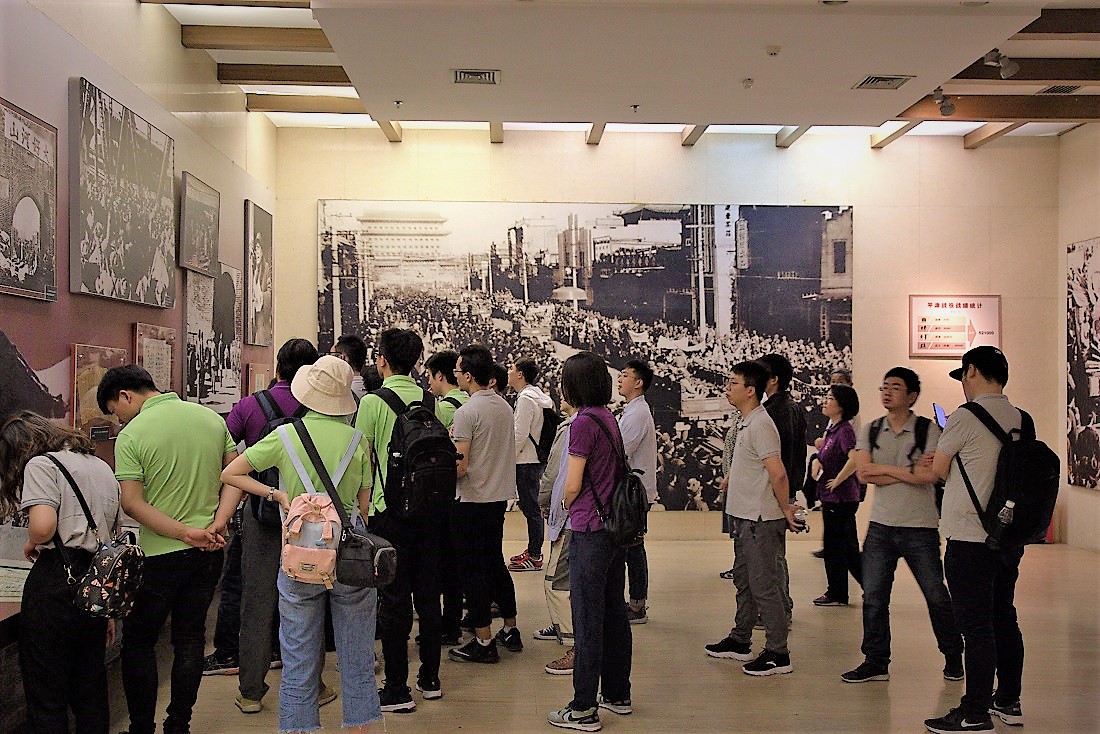









Under the new circumstances, to mark the significant milestone of the 40th anniversary of CAEP graduate education, comprehensively review and summarize its outstanding achievements and valuable experiences, and prospectively outline the blueprint for high-quality development of graduate education in the new era, the CAEP Graduate School held a grand symposium on June 21, 2024, at Jiulong Hotel in Mianyang Science City. More than 70 attendees, including Zeyao Mo, Member of the CAEP Party Committee and Vice President, Kaiding Wei, Director of the Human Resources Department, Feng Liang, Director of the Science and Technology Department, Yong Fu, Director of the Scientific Research Management and Supervision Department, as well as leaders, mentor representatives, and management personnel from various CAEP departments and graduate training units attended the meeting. The symposium was chaired by Jianhui Shan, Deputy Secretary of the CAEP Graduate School and Secretary of the Disciplinary Committee.
Focusing on the theme "Effectively Utilizing Graduate Resources to Contribute More to CAEP's Cause," the symposium aimed to further strengthen the deep integration of graduate education with CAEP's core responsibilities to achieve higher quality development.
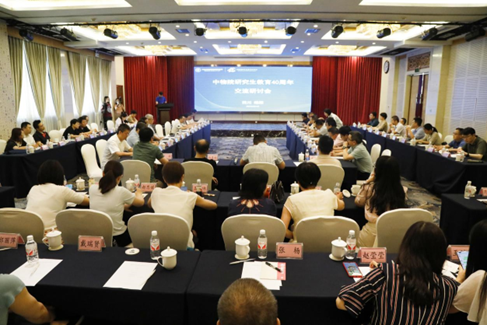
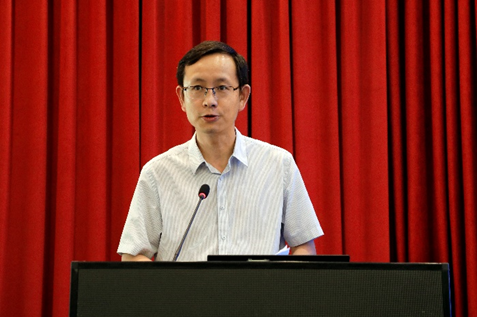
In his welcome speech, Jialiang Ni, Secretary of the Party Committee and Executive Vice President of the Graduate School, emphasized that CAEP's graduate education has always followed a need-oriented path of distinctive development, contributing indelibly to national scientific and technological progress and defense construction. He stressed the importance of deeply exploring and efficiently utilizing the vast potential of graduate resources to cultivate a group of talented individuals and high-level innovative teams with "Two Bombs Spirit" and international perspectives, thereby playing a more crucial role in the talent and technology chains of the nuclear weapons industry.
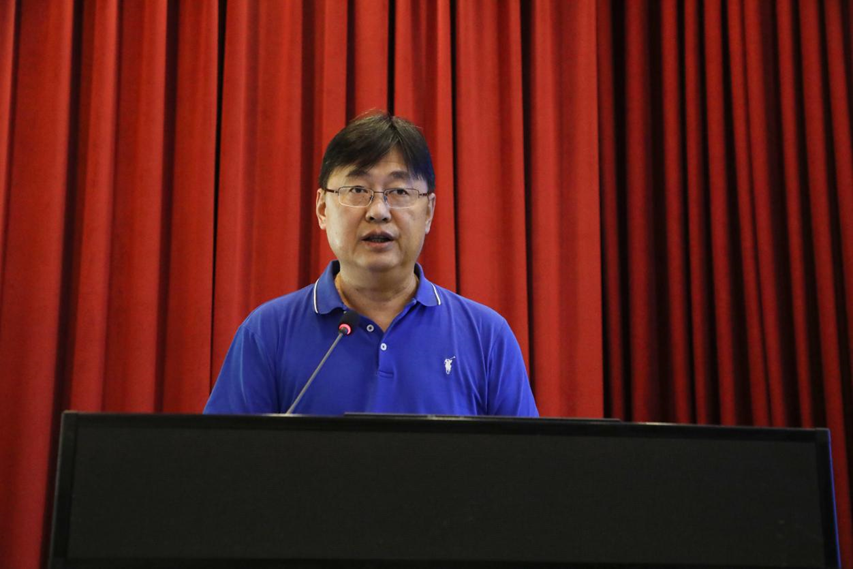
Academician Changpu Sun, Director of the Academic Development Committee of the Graduate School, delivered an address in which he fondly recalled the development history of CAEP graduate education, highlighting and deeply explaining the crucial importance and sustainability of the three roles of the Graduate School. He called on all attendees to inherit the scientific spirit of the older generation of CAEP scientists, promote academic democracy, and work together to advance the high-quality development of CAEP graduate education, thereby achieving new breakthroughs in scientific research and supporting the construction of a technological talent system that adapts to new productivity.
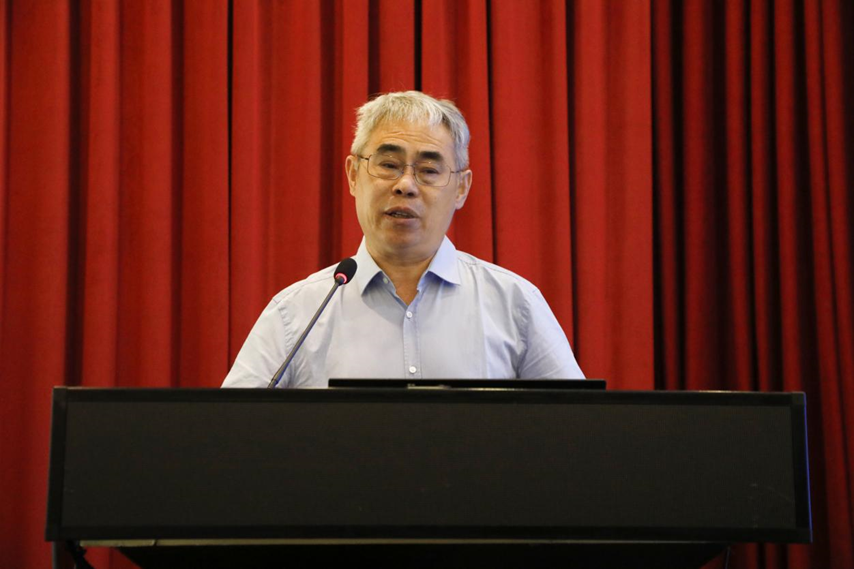
Libin Fu, Deputy President (in charge of administrative work) of the Graduate School, delivered a thematic report titled "Continuing to Excel in Need-driven and Distinctive CAEP Graduate Education." He briefly reviewed the critical role of CAEP graduate education in addressing talent gaps, detailed CAEP's distinctive graduate training system oriented towards national strategic needs, and proposed the development direction of utilizing graduate resources to support CAEP's discipline construction, basic research, and the cultivation of young scientific talents (mentors).
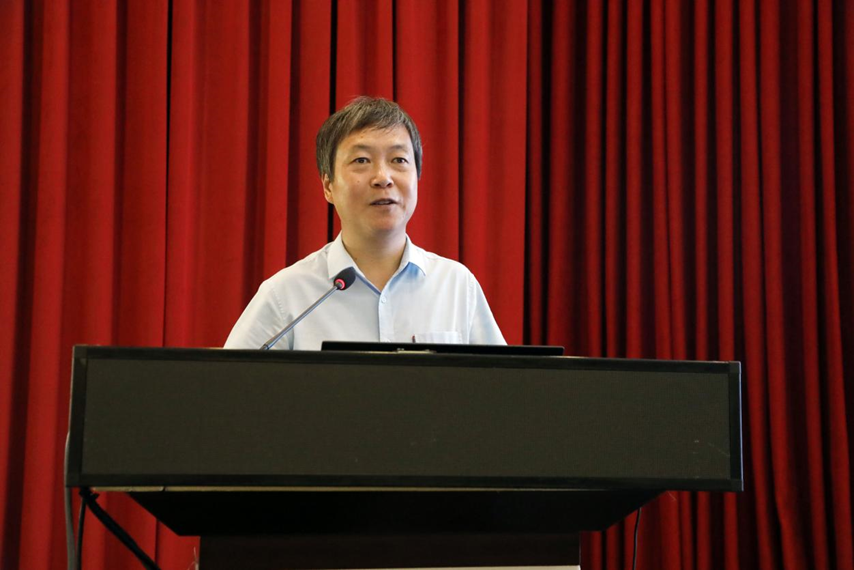
Cheng Huang, Deputy Director of the Human Resources Department of the Third Institute, delivered a special report, introducing the basic situation of the institute's graduate education. He shared specific measures such as institute-level recruitment promotion, academic management, joint training, and daily management system construction, and proposed constructive suggestions for coordinated recruitment promotion, joint training base construction, and graduate employment platform building.
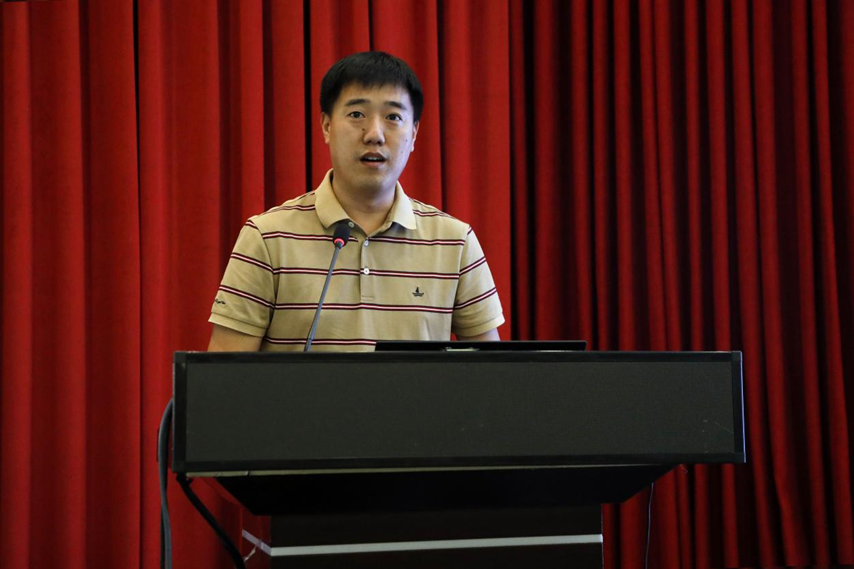
During the exchange and discussion session, leaders responsible for graduate education from various units and departments of CAEP enthusiastically shared their valuable experiences and profound insights on graduate training and management. They deeply discussed hot and challenging issues in CAEP graduate education, including overall planning of degree points, refining the basic research question bank for graduate students, improving student and employment quality, enhancing mentors' scientific research quality, perfecting the distinctive curriculum and textbook system, and strengthening daily management of graduate students. Attendees actively offered suggestions and advice for the vigorous development of CAEP graduate education.
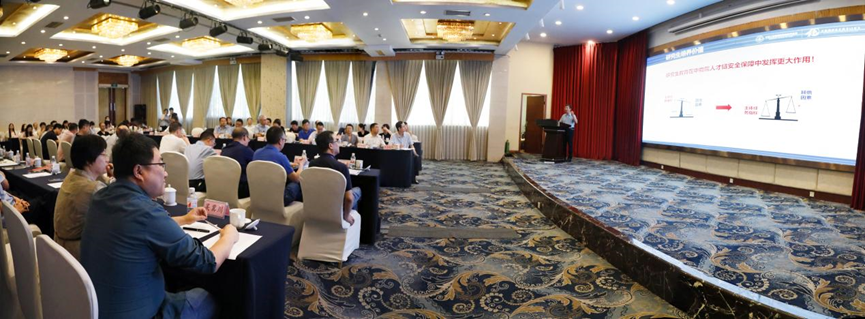
In his concluding remarks, Zeyao Mo, Vice President of CAEP, pointed out the long history and remarkable achievements of CAEP graduate education and acknowledged the significant efforts of various units. He stated that CAEP graduate education has a promising future and immense potential. Graduate resources have become an important human resource for various units and will significantly contribute to the development of CAEP's technology chain. He emphasized the importance of enhancing the self-quality of scientific researchers and clarifying the value contribution of graduate training in core responsibilities and young talent development. Additionally, he highlighted the urgent need to achieve new breakthroughs in graduate education management capabilities. Relevant departments of CAEP and the Graduate School should further strengthen overall planning, continuously standardize and optimize training processes, and fully promote the reform and development of CAEP graduate education.
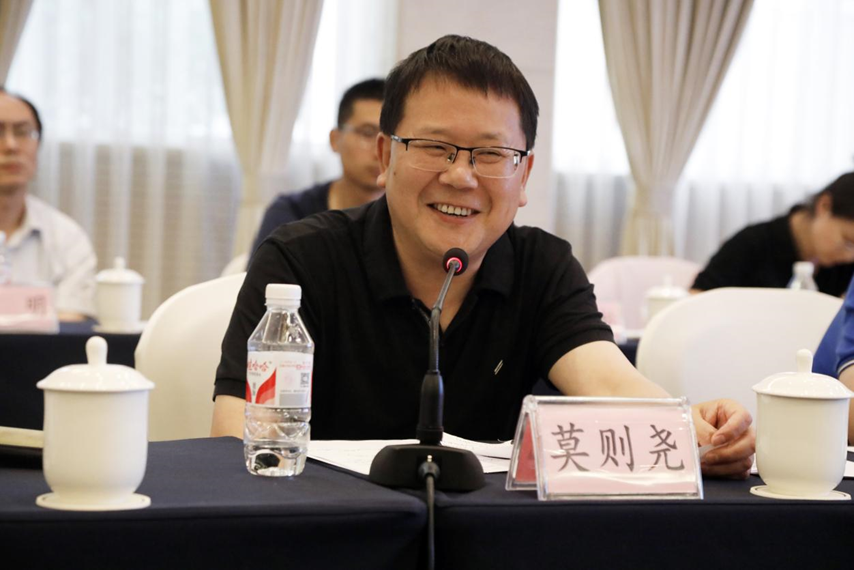
In the new era, the development of the nuclear weapons industry has imposed higher and more comprehensive requirements on CAEP's talent team building. Graduate education is at a critical stage of development and quality improvement, where opportunities and challenges coexist. The successful convening of this symposium has provided an excellent platform to build consensus across CAEP and explore ways to improve training quality. It holds crucial strategic significance for promoting the high-quality development of CAEP graduate education.
